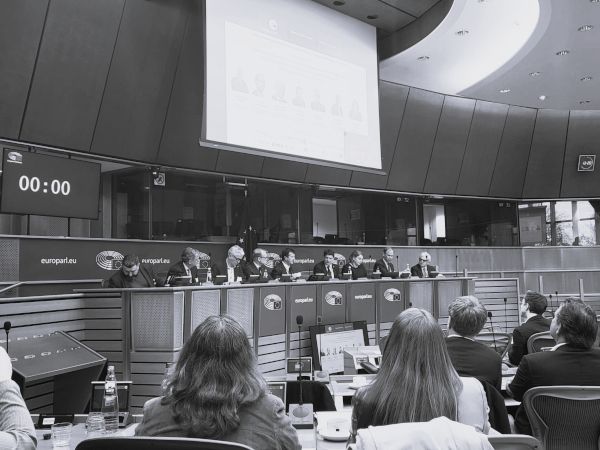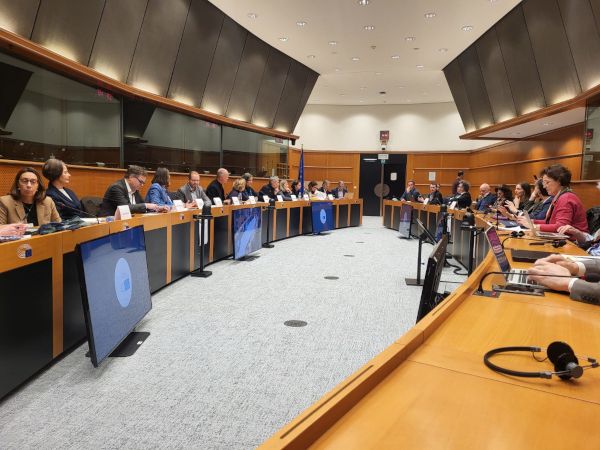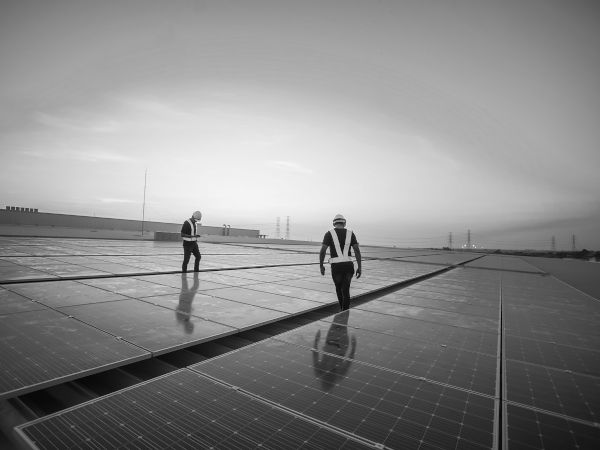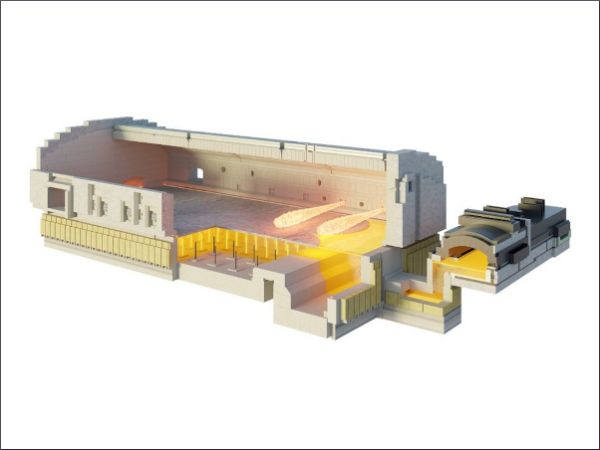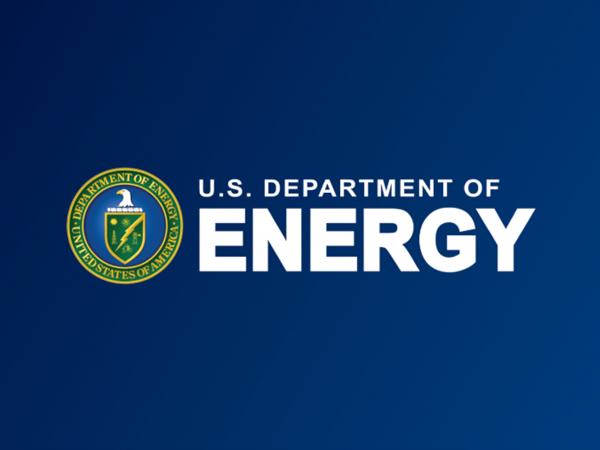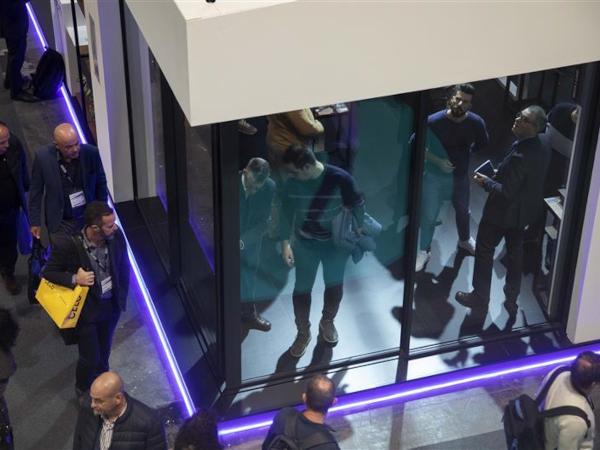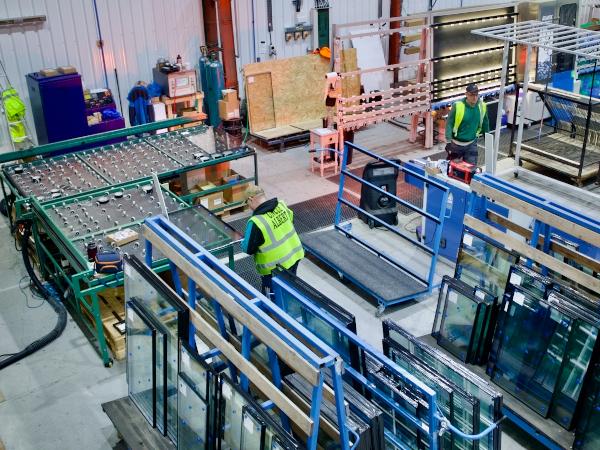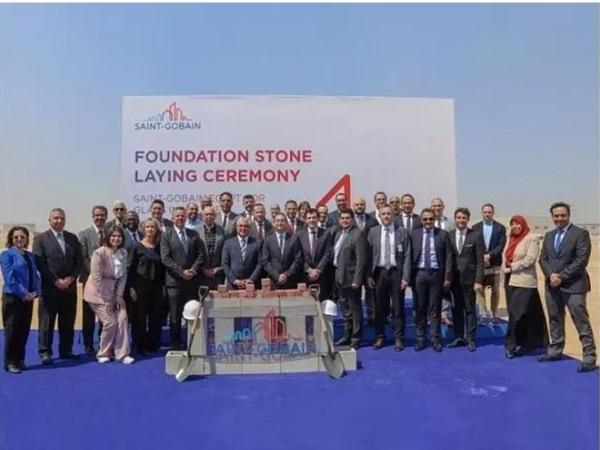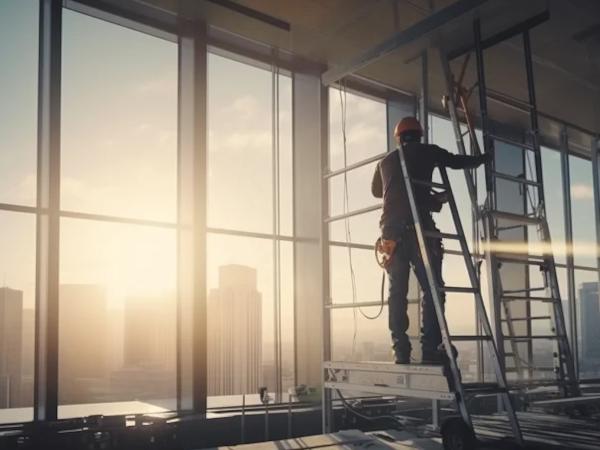Others also read
The Parliament’s draft resolution points out the difficulties facing energy intensive sectors, primarily high energy prices and decarbonisation challenges and calls for rapid action on energy prices, permitting, trade defence and carbon leakage.
WICONA is revolutionizing façade technology with TEmotion NG, a groundbreaking solution developed with Water-Filled Glass Ltd.
Guardian Glass is marking the 30th anniversary of the SunGuard™ architectural low-E coated glass product line in 2025.
The first week of December was marked with two important events to discuss the role of energy efficiency and sustainable construction for the next five years.
When comparing sealed units (insulating glass units, IGUs) with single-pane glass, several key performance metrics highlight the advantages of sealed units.
Last June, the Net-Zero Industry Act (NZIA) was published in the Official Journal of the European Union.
Addressing the industry’s decarbonisation challenge, HORN is taking the next step forward in the industry´s transition to a resource-efficient and low-carbon economy.
In this blog, the environmental and economic impacts of insulating gases and their influence on energy savings in buildings will be explored.
Advancing American-made clean energy technologies and reducing federal emissions through the Investing in America agenda
Hornos Industriales Pujol has delivered a new Pujol 100 unit to D-Glas, a Belgian company known for its expertise in glass production and installation.
This article, authored by Valerie Block, delves into the history, technological advancements, and the transformative impact of laminated glass over the decades.
From 10 to 14 June, Glass for Europe is attending the summer study of European Council for an Energy Efficient Economy (ECEEE) to exchange on building energy efficiency and the role that glazing plays in it.
Laminated glass traces its roots to a French chemist, Édouard Bénédictus, who in 1903 discovered a plastic interlayer that stuck to two pieces of glass.
New Definition Will Help Nation Achieve President Biden’s Clean Energy and Climate Goals While Lowering Energy Costs, Cutting Air Pollution, and Creating Good-Paying Jobs
VETECO will create numerous business opportunities in a crucial sector for enhancing the energy efficiency of buildings.
Thermoseal Group customer Lutley Windows are revolutionising energy efficiency in social housing.
The Ain Sokhna float plant in Egypt will see its capacity increased with the construction of a second flat glass production line.
In addition to the five-part video series, Glass for Europe is thrilled to unveil a two-pager Manifesto outlining its priorities and policy recommendations for the 2024-2029 mandate of the European institutions.
Enhanced solar control glass with exceptional performance
The plenary session of the European Parliament has voted in favor of the recast Energy Performance of Buildings Directive, one of the final texts of the ‘Fit for 55’ package.
Secondary glazing involves installing an additional windowpane on an existing window to improve insulation.
Energy Star, a trusted symbol for energy efficiency, extends its influence on windows, offering consumers a reliable benchmark for making environmentally conscious choices.
Transitioning energy intensive industries towards 2040 urgently requires the currently missing enabling conditions for a European business case.
In the ever-evolving landscape of sustainable living and energy efficiency, the Glass for Europe manifesto for 2024-2029 emerges as a guiding light towards a greener future.
In 2023 Sparklike did a customer survey to understand its customers better. This included insight how Sparklike devices are perceived and what are the drivers to purchase.

